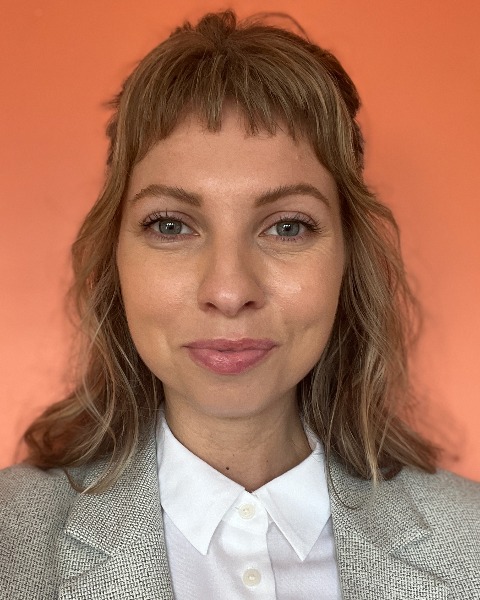Paper Presentation
Research Ethics and Social Sciences
Session: Communities and Justice
Social change in an increasingly individualized, capitalized, and fragmented health system: An ethnographic study of the Open Insulin project
Friday, September 20, 2024
8:45 AM - 9:45 AM CT
Location: Midway 7-8 (First Floor)
Keywords: Community science, Technolibertarianism
Abstract: This paper examines the project Open Insulin—a community-based group that sought to produce their own insulin in reaction to unaffordable insulin costs in the United States—as a lens to analyze the rise of “alternative therapeutic imaginaries.” Alternative therapeutic imaginaries are emerging as a particular form of social activity: a planning approach toward greater fragmentation, capitalization, and individualization of healthcare. Examples include health and biomedical practices undertaken by citizen and community scientists, do-it-yourself (DIY) patients, and others who challenge institutional medicine. Findings offer an ethnographic account of the construction of Open Insulin’s health politics, which I argue is inspired by forms of “direct social action.” Unlike conventional activism, which often involves making claims on the state or other power structures, direct social action involves direct intervention in segments of society. However, within the pharmaceutical space, this approach is complicated by several factors including safety regulations, the material conditions of research, and the need for varied forms of expertise. This paper explores how group members grappled with questions about the material and regulatory complexities of making a drug and the role of industry experts and scientific institutions, all of which made visible competing perspectives for how to address unaffordable medicines. I suggest that Open Insulin’s vision for community-produced and -owned medicines sheds lights on how growing mistrust of health institutions, as well as shrinking public responsibility over healthcare provisions, is translating to specific forms of social action to address issues of access that center technolibertarian ideologies.
Learning Objectives:
After participating in this conference, attendees should be able to:
- Describe “alternative therapeutic imaginaries” and understand the factors that are giving rise to this form of social activity in response to unmet healthcare needs
- Recognize how approaches to social change may be shifting in health and medicine

Nicole Foti, PHD (she/her/hers)
Hecht-Levi Postdoctoral Fellow
Johns Hopkins University
Baltimore, Maryland
